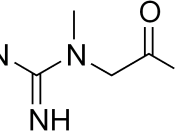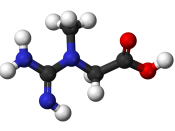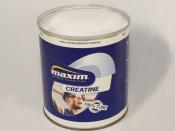The creatine edge
At John F. Kennedy High School in La Palma, Mitch Olson warns football players and to
her athletes that anyone caught using a performance-enhancement product will be barred from playing. The rule goes for everyone -- and it includes creatine, a legal but controversial dietary supplement.
Olson, the school's athletic director, knows students could use creatine without his knowledge, perhaps even with the blessing of their parents. "I'm not naive enough to think that some kids aren't doing it," he said, while expressing hope that none of his athletes are doing so.
It's easy to see why many young athletes might feel tempted. Advertisements promoting creatine are everywhere, from bodybuilding magazines to the local pharmacy and nutrition store. And if not swayed by ads, athletes probably have heard friends' claims that creatine makes you bigger, stronger and faster. Some young athletes may not recall the controversy that surrounded creatine in the late 1990s, when the substance was briefly implicated -- though later found not to be a factor -- in the deaths of three college wrestlers.
Thousands of young athletes across the country have decided that a substance that promises to give them a competitive edge -- on the field and, for some, in the chase for a college athletic scholarship -- is worth it, even if it means bending the rules.
In recent years, any concerns over creatine have been overshadowed by the controversy over steroids, an illegal substance, and ephedra, an herbal supplement that was legal until the federal government banned its sale earlier this year after linking its use to more than 100 deaths. Although ephedra and steroids have received most of the attention, school officials, medical researchers and amateur and professional athletes have quietly debated the use of creatine, which has continued to...


